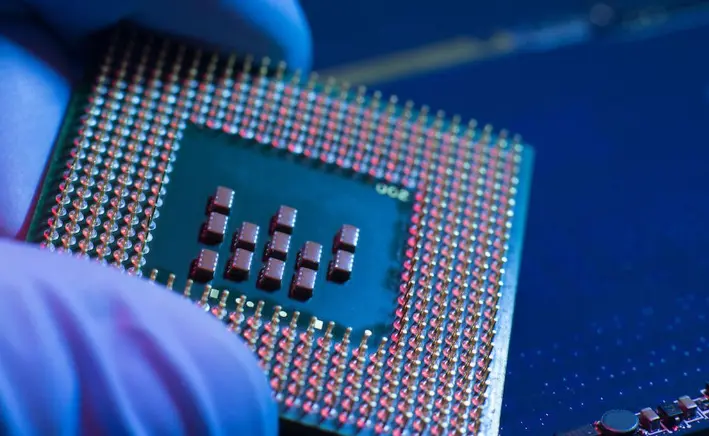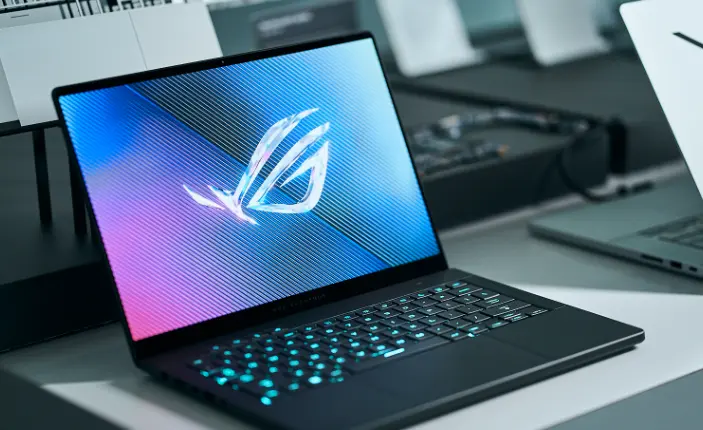
The processor, often referred to as the brain of types of processor in laptop, is a fundamental component that greatly influences the device’s performance and capabilities. As technology continues to advance at a rapid pace, the variety of processors available for laptops has grown significantly, offering users a wide range of options to consider.
In this comprehensive guide, we’ll delve into the diverse landscape of laptop processors, exploring the different types available, their unique features, and the factors to consider when choosing the right one for your needs. Whether you’re a casual user, a professional, or a gaming enthusiast, understanding the types of processor in laptop is essential for optimizing your computing experience.
types of processor in laptop

types of processor in laptop
Let’s embark on a journey to unravel the world of laptop processors—a journey that will empower you to make informed decisions about your computing needs. Here’s a step-by-step guide to understanding the types of processors commonly found in laptops:
- Start with the Basics: Begin by familiarizing yourself with what a processor actually is. Think of it as the engine of your laptop, responsible for executing tasks and running applications.
- Intel vs. AMD vs. ARM: There are three main players in the laptop processor market: Intel, AMD, and ARM. Each has its own lineup of processors with varying performance levels and features. Intel processors, known for their robust performance, are popular among users who prioritize power. AMD processors, on the other hand, offer competitive performance at a more affordable price point. ARM processors, although less common in traditional laptops, are gaining traction for their efficiency and suitability in certain use cases.
Understanding Processor Families
Within each brand, there are different families of processors, such as Intel Core i3, i5, i7, i9, AMD Ryzen 3, 5, 7, 9, and ARM Cortex series. Each family caters to different user needs, from basic computing tasks to demanding workloads like gaming or content creation.
Consider Performance and Power Efficiency
Assess your computing requirements to determine the level of performance you need from your laptop processor. Are you a casual user who mainly browses the web and streams videos? Or do you require a powerhouse for tasks like video editing or gaming? Balancing performance with power efficiency is crucial, especially if you value longer battery life.
Budget and Compatibility
Your budget will also play a significant role in your processor choice. While high-end processors offer top-notch performance, they often come with a hefty price tag. Consider your budget constraints and find a processor that strikes the right balance between performance and affordability. Additionally, ensure compatibility with the software and applications you’ll be using on your types of processor in laptop.
Stay Informed About Trends
Keep an eye on emerging trends in laptop processors, such as advancements in AI integration, enhanced security features, and improvements in efficiency. Staying informed will help you future-proof your investment and ensure that your laptop remains relevant for years to come.
By following these steps, you’ll be equipped with the knowledge to navigate the diverse landscape of laptop processors and choose the one that best suits your needs. Remember, the right processor can make all the difference in enhancing your computing experience and productivity.
Read more: Download Free Fire Max for Computer
Factors to Consider When Choosing a Laptop Processor

types of processor in laptop
Let’s walk through the essential factors to consider when selecting the perfect laptop processor for your needs. Think of this as a roadmap to help you navigate the vast sea of options with confidence:
- Assess Your Computing Needs: Start by reflecting on how you’ll be using your laptop. Are you a student who primarily needs it for note-taking and research? Or are you a graphic designer who requires powerful processing for rendering high-resolution images? Understanding your usage patterns will guide you in determining the level of performance you need from your processor.
- Evaluate Performance Requirements: Consider the specific tasks you’ll be performing on your laptop. If you’re into gaming or video editing, you’ll benefit from a processor with higher clock speeds and multiple cores to handle demanding applications smoothly. On the other hand, if your usage is more light and casual, a mid-range processor might suffice without breaking the bank.
Prioritize Power Efficiency
Think about where and how you’ll be using your laptop. If portability is important to you, opt for a processor that strikes a balance between performance and power efficiency. Look for processors that are known for their energy-saving features, as they’ll help prolong battery life, allowing you to work or play for longer periods without needing to plug in.
Consider Budget Constraints
Let’s face it—budget is often a significant factor when making any purchasing decision. While high-end processors may offer top-of-the-line performance, they often come with a hefty price tag. Be realistic about your budget and aim to find a processor that meets your performance requirements without breaking the bank. Remember, there are plenty of options available at different price points to suit every budget.
Compatibility with Software and Applications

types of processor in laptop
Ensure that the processor you choose is compatible with the software and applications you’ll be using on your laptop. Some specialized software may have specific requirements when it comes to processor architecture or features. Doing your research beforehand will save you from any compatibility issues down the line.
Future-Proof Your Investment
Technology is constantly evolving, so it’s essential to future-proof your laptop as much as possible. Keep an eye on emerging trends in processor technology, such as advancements in AI integration or security features. Investing in a processor with room for growth will ensure that your laptop remains relevant and capable of handling future software updates and advancements in computing technology.
By following these step-by-step instructions and considering these factors thoughtfully, you’ll be well-equipped to choose a laptop processor that perfectly aligns with your needs and preferences. Remember, the right processor can make all the difference in enhancing your productivity and overall computing experience.
conclusion
In conclusion, delving into the realm of types of processor in laptop unveils a diverse landscape filled with options tailored to suit every user’s needs. Through our exploration, we’ve learned that processors serve as the backbone of our laptops, driving performance and enabling us to accomplish tasks efficiently. We’ve uncovered the distinctions between Intel, AMD, and ARM processors, each offering unique features and capabilities to cater to a wide range of computing requirements.




